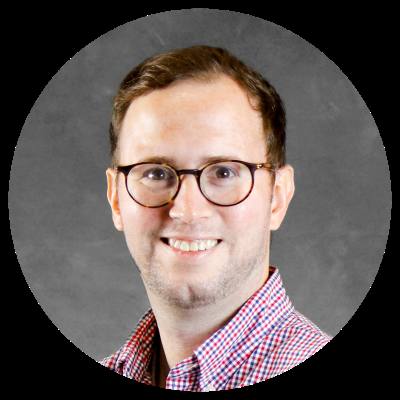Long story short
According to a news release, the team of researchers are from UT Health San Antonio’s Sam and Ann Barshop Institute for Longevity and Aging Studies. At the institute, researchers study the aging process and how they can eliminate or manage diseases that accelerate with age.
Created in 2023, the XPRIZE Healthspan is a seven-year, $101 million global competition that challenges competitors to develop safe and accessible treatments that can help reverse the aging process and improve quality of life.
The competition began with over 600 teams from 58 countries and has been narrowed down to 100 semifinalists. UT Health San Antonio was named among the top 40 teams and one of the Milestone 1 award winners. The team received $250,000 along with the other top 40 teams, according to a news release.
“Being named an award winner and a semifinalist in XPRIZE Healthspan is a tremendous honor,” said Blake Rasmussen, chair and professor of the Department of Cellular and Integrative Physiology at UT Health San Antonio. “Our goal isn’t just to add years to life, but to add life to those years by restoring strength, clarity and resilience as we age.”
Semifinalists will hold clinical trials over the next year and submit results by April 2026. The top 10 finalists will be selected in July 2026, with each team receiving a $10 million prize. In 2030, the grand winner will be selected and will be awarded $81 million.
The details
According to a news release, the team consists of Rasmussen, Elena Volpi, director of the Barshop Institute and professor in the Division of Geriatrics, Gerontology and Palliative Medicine; and postdoctoral fellows Sean Kilroe, and Sanjay Kureel.
The team's research began when Rasmussen and Kureel joined Michael Sheetz, a distinguished cell biologist and Lasker Award winner with The University of Texas Medical Branch, UTMB, at Galveston who passed away from cancer in the spring.
At UTMB, Sheetz and Kureel studied senescent cells—damaged cells that have stopped dividing but do not die off—which can cause inflammation, cancer and aging-related diseases. Rasmussen contributed his expertise in mouse models of aging to the study. Early research showed that ultrasound treatment might reverse aging in these cells and improve cellular health.





